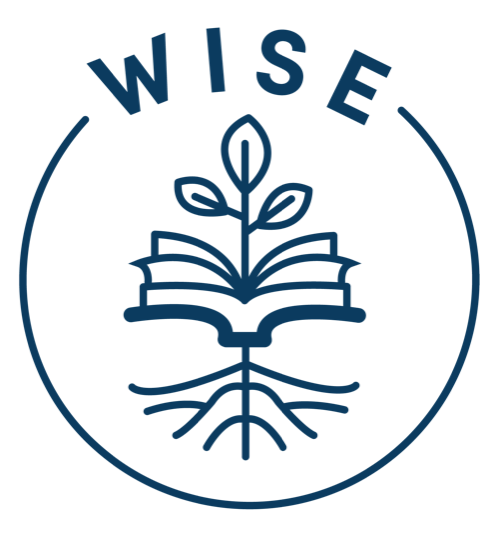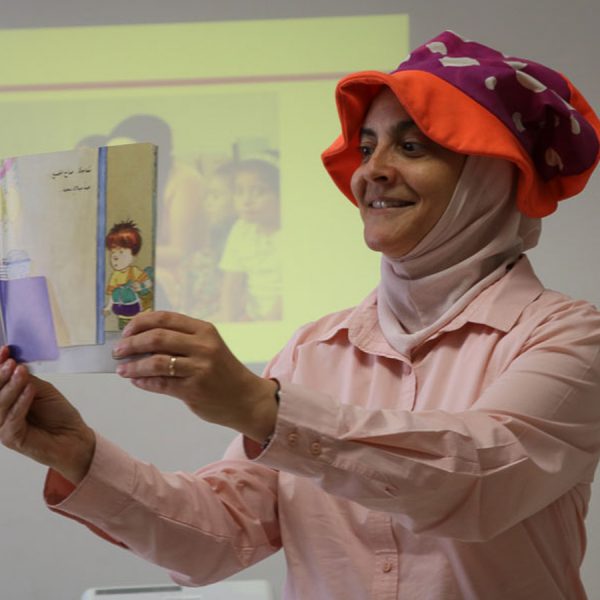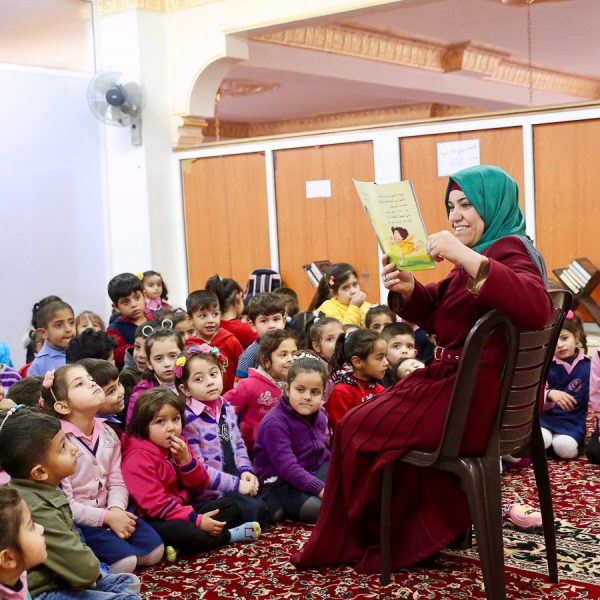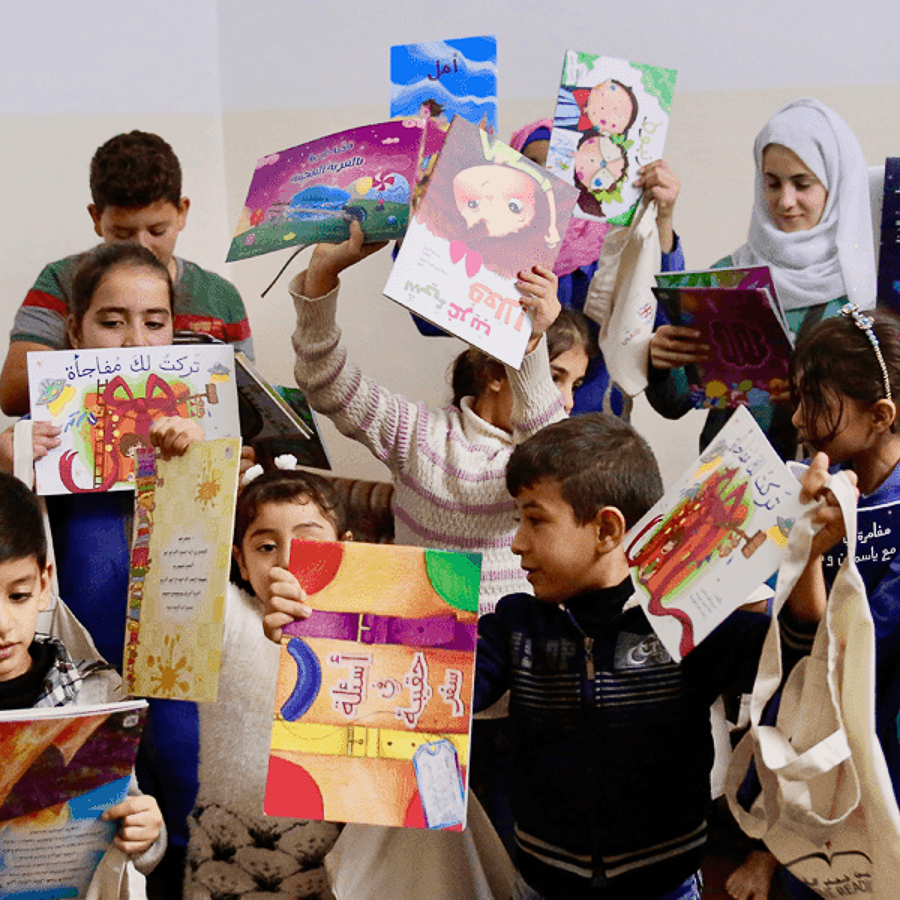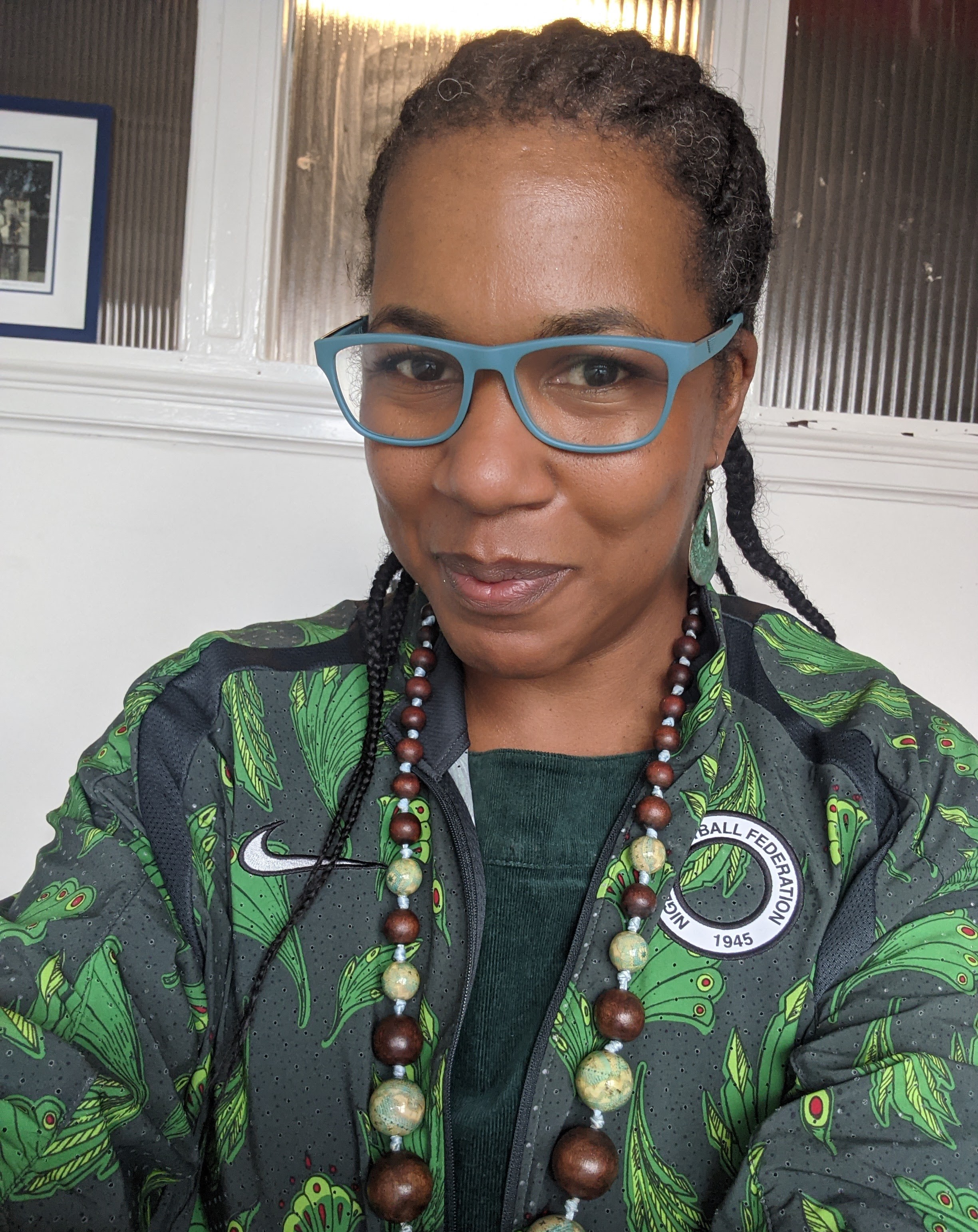Before becoming an Ashoka fellow and molecular biologist, Dr. Rana Dajani was a daughter, a big sister, and an avid reader growing up in Jordan. She spent evenings reading with her father, a scientist, asking questions and discussing articles from National Geographic or Scientific American.
As Dr. Dajani grew up, she realized not everyone was raised in an environment that encouraged asking questions. Instead, she noticed that society, beginning at the highest levels, stifled curiosity which then trickled down into schools and families treating curious children as nuisances. Dr. Dajani set out to change this reality and instead reward children for their curiosity, self-confidence, and energy. She realized the best way to revive curiosity, discover potential, and empower people to become changemakers was simple: reading.
After conducting several studies, Dr. Dajani found that children who read for pleasure exhibit stronger language skills, better academic performance, and greater emotional intelligence.
